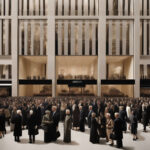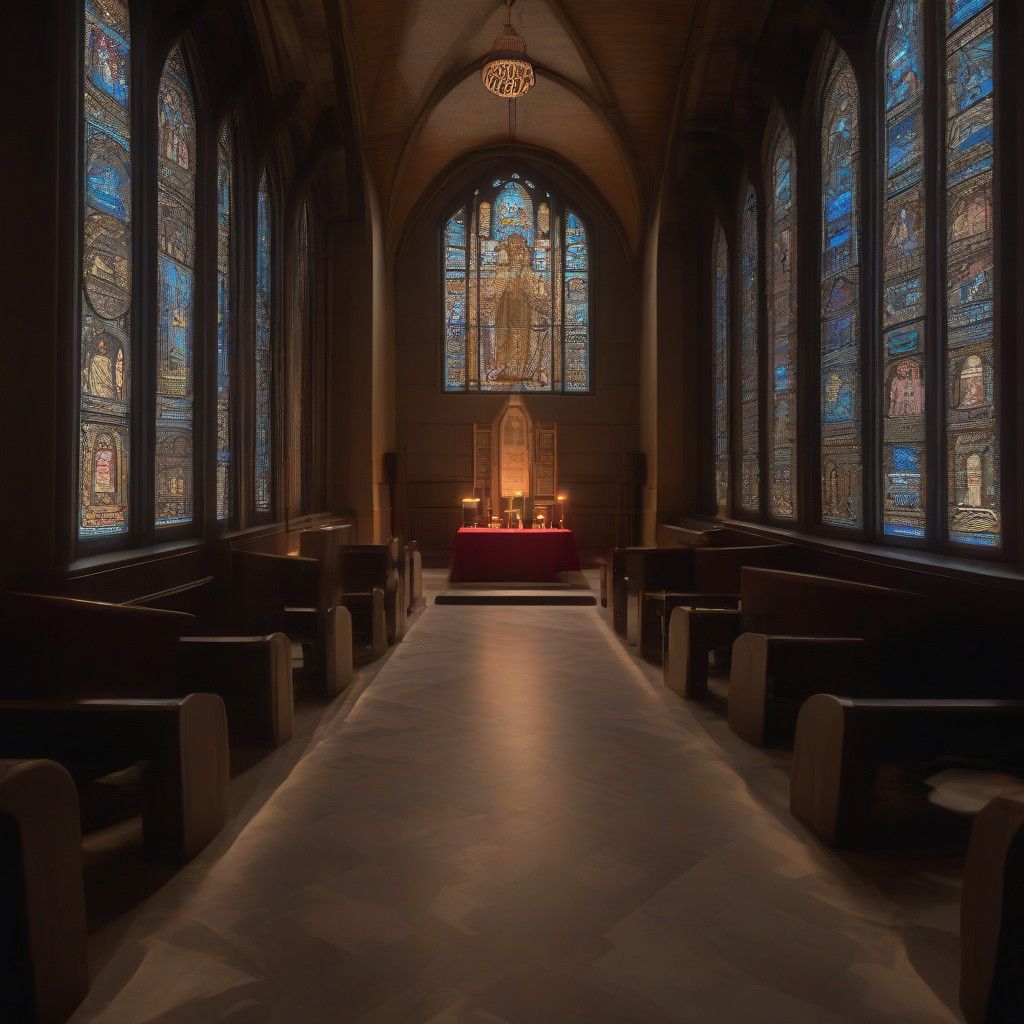In a progressive move that blurs the lines between traditional faith practices and modern technology, a chapel in Lucerne, Switzerland, has launched a 24/7 AI-powered confessional. This innovation features an avatar named “AI Jesus,” offering parishioners a platform for spiritual advice through voice commands. While the initiative aims to generate dialogue about technology’s function in the spiritual realm, it has also highlighted the complexities and concerns surrounding this merging of church and tech.
The concept of an AI-driven confessional is novel, yet it taps into the growing trend of utilizing technology to enhance spiritual experiences. Developed in collaboration with a local university, the project seeks to address accessibility issues surrounding confession, a practice often constrained by the limited availability of human pastors. The AI is designed to fill this gap, allowing users to share their thoughts and concerns at any hour, without the constraints of traditional schedules.
Promoting the confessional’s round-the-clock availability, theologians involved in the project commend the potential of AI to support individuals in need of spiritual reflection. They emphasize that this technology can provide a level of convenience previously unavailable to parishioners who may struggle to find time for traditional confession or live in areas without easy access to clergy.
However, reactions from the community have been decidedly mixed. Some parishioners view the AI confessional as a valuable addition to their religious practice, praising its convenience and the opportunity it presents for a quick spiritual connection. In contrast, others express skepticism, raising concerns about the quality of the guidance being offered. Critics argue that the AI’s responses often lack the depth and personal touch that comes from human interaction, describing the generated advice as generic and inadequate for helping individuals navigate their personal spiritual dilemmas.
A notable aspect of the AI confessional is its insistence on privacy. The system advises users against sharing personal data, reflecting an awareness of the sensitive nature of confessional practice. This emphasis on confidentiality is crucial, especially in an era where data privacy is a paramount concern across different spheres of life. The creators appear intent on addressing potential anxieties related to data security, yet the concept of confessing to a machine still raises broader questions about the authenticity of spiritual engagement in a digital age.
One key takeaway from this discussion is the significance of traditional clergy, who remain integral to the fabric of spiritual guidance within the community. Many parishioners are quick to point out that while the AI might serve as a supplementary tool, it does not replace the necessity of human interaction in spiritual matters. Clergy members bring their life experience, wisdom, and emotional intelligence to the confession process—elements that cannot be replicated by an AI.
This initiative has sparked vital conversations about the evolving nature of religion in the digital age. The intersection of technology and spirituality invites us to reflect on how modern tools can enhance or potentially erode our spiritual practices. As religious organizations begin to adopt AI and other innovations, they face the challenge of maintaining the core principles of faith while adapting to contemporary contexts.
The controversy surrounding the AI-powered confessional in Lucerne reflects a broader societal dilemma. As technology advances, it forces us to confront our values about faith, communication, and interpersonal relationships. The success of this AI confessional may hinge on its ability to supplement rather than supplant traditional practices, providing a resource for the faithful without diminishing the value of personal interactions.
In conclusion, as technology continues to weave its way into various facets of our lives, it’s essential for religious institutions to carefully consider the implications of integrating AI into spiritual practices. The Lucerne confessional serves as a telling example, illustrating both the possibilities and pitfalls inherent in the marriage of faith and technology. Moving towards an inclusive approach that acknowledges the importance of human presence might be the key to successfully navigating this new terrain.












